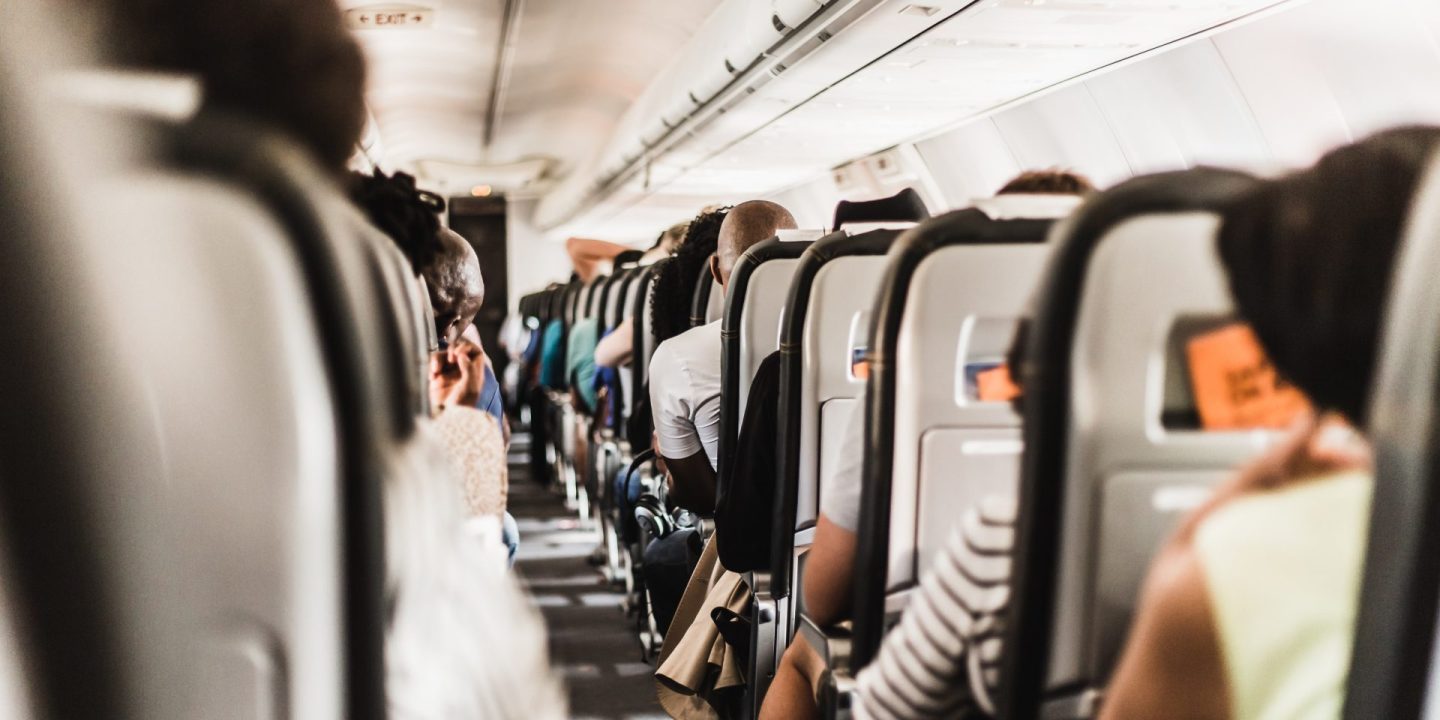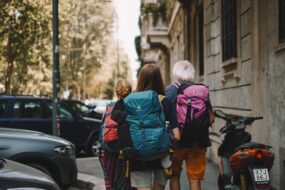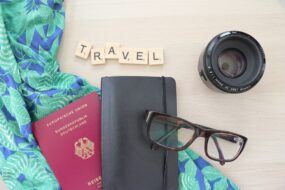
Travel: 5 Tips For Traveling Safely And Effectively During Your Next Trips
No one wants to worry about their safety while they’re away on vacation, but it’s important to remember that safety is no accident. In fact, it takes a lot of preparation and planning in order to make sure you travel safely and effectively. Here are 5 tips for traveling safely during your next trips: 1. Educate yourself. Knowledge is power, especially when it comes to safety. Read up on the country you’re visiting, the culture, and the dangers that may be lurking. 2. Have a plan. Make sure you have a solid itinerary and know where you’re going at all times. This will help minimize the chances of getting lost or stranded in an unfamiliar place. 3. Practice your “safe travels” routine before departure. Familiarize yourself with your travel documents (passport, tickets, driver’s license), insurance policy, and emergency contact information. This way, you won’t have to stress about any of these things while you’re away. 4. Stay informed! Use social media and other digital channels to stay up-to-date on local news and events that could affect your trip. This can help you
Research the Area You Will Be Traveling To
1. Research the area you will be traveling to. Make sure you understand the culture and customs of the region you will be visiting. This will help ensure that your trip goes smoothly and that you are not impacted by unfamiliar laws or norms.
2. Take precautions when traveling to areas with high levels of crime or violence. Location, location, location is a key factor when choosing a destination for travel – make sure the area you are visiting is safe before planning your trip there. Know what neighborhoods to avoid during your travels, and take basic safety measures such as staying aware of your surroundings at all times and keeping a close eye on your personal belongings.
3. Always use common sense when traveling overseas – don’t trust strangers, keep a low profile, and be cautious about what information you share online or with locals. Report any incidents that occur while traveling so that authorities can investigate and improve security in these regions.
4. Respect local customs when travelling to different cultures – do not dress too inappropriately, do not speak out of turn, and always respect territorial boundaries (for example, do not cross into someone else’s backyard). If something feels off-kilter or unsafe, stay away until things have calmed down.
Make a packing list of necessary items
As a traveler, it is important to know the dos and don’ts of packing for your next trip. Here are some tips to help make your travels safe and effective:
-Always pack a physical map of the area you’re traveling to in case you get lost.
-Pack a first-aid kit with supplies such as gauze, bandages, ibuprofen, and aspirin.
-Make sure you have all the necessary visas and passports needed for your destination country.
-Check consulate websites for updated safety information before departing.
-Stay aware of your surroundings at all times and be aware of potential scams.
-Be cautious when exchanging money or goods in unfamiliar areas.
-Avoid drinking alcohol or using drugs before traveling, as these can impair your judgment and make you more vulnerable to attack.
Use Locally Owned Businesses When Possible
When traveling, it is important to use locally owned businesses whenever possible. Doing so can help to reduce your risk of being ripped off or having your gear stolen. Additionally, using a local business can provide you with better customer service and make your travel experience more personal.
Some things to keep in mind when traveling using a local business include:
– Never give away your passport or other important travel documents without first making sure the business you are dealing with is trustworthy.
– Make sure to get a receipt for any purchases you make, in case something goes wrong while you are away and you need to file a claim with the insurance company.
– If you plan on camping or hiking during your trip, be sure to research the area beforehand and ask the business where they recommend camping or hiking. Doing so will help avoid getting lost or stranded.
Don’t Be Shy About Speaking Up If You Encounter A Problem
When you’re traveling, it’s important to be proactive about safety. If you feel like there’s a safety issue, don’t be afraid to speak up. Here are some tips for traveling safely and effectively during your next trips:
1. Plan Ahead
Before you go anywhere, make a list of the things you need and map out where you’ll be going. This will help keep you organized and reduce the chances of getting lost or stranded.
2. Stay Alert and Be Aware of Your surroundings
When you’re out and about, always be alert for potential dangers. Stay aware of your surroundings at all times, especially in dark or crowded areas. If something feels off, don’t hesitate to leave the area immediately.
3. Use the Right Equipment
Make sure to bring the right equipment when travelling – including a good travel insurance policy and enough money for emergencies. In addition to safety precautions, make sure to pack essential items such as medications, snacks, drinks and sunscreen.
4 . Communicate With Friends And Families When Possible When travelling alone or away from home for an extended period of time, communicating with friends and family can be really helpful in preventing anxiety and feeling lonely. Skype or FaceTime calls can work great for this! 5 . Don’t Be Afraid To Seek Help If something does happen while travelling – whether it’s an accident or something more serious – always remember that there is help available if you need it. Make sure to tell people
Stay Connected With Friends And Family While Away
1. Make sure you have a current phone number and account for your loved ones so they can reach you if necessary.
2. Make sure your travel documents are up-to-date and complete, including your passport and visa requirements if applicable.
3. Always keep up to date with the security situation in any destination you plan to visit – especially if it’s an unstable region or there are ongoing conflicts.
4. Stay informed about local customs and do not hesitate to ask locals for advice or recommendations on safe places to eat or stay.
5. If you’re traveling alone, take steps to ensure your safety, such as researching safe places to stay in the vicinity of your destination, printing out maps of the area, and keeping an eye out for suspicious behavior or people who seem out of place (e.g., someone following you or waiting outside your hotel).
Conclusion
Traveling can be an incredible experience, but it’s important to remember that Safety is your Number One priority. Here are five tips for traveling safely and effectively during your next trips: 1. Stay informed – Make sure to stay up-to-date on regional security alerts and know the safest routes to take when travelling in unfamiliar areas. 2. Carry a travel insurance policy – Having reliable insurance coverage will help protect you from unexpected mishaps while away from home. 3. Don’t leave anything valuable behind – Make sure you pack all of your important documents, passports, and money securely in a safe place. 4. Inform friends and family where you’re going and when you’ll be back – Let them know what Hotels or restaurants you’ll be visiting so they don’t worry if they don’t hear from you directly for a while (or at all!). 5. Use social media responsibly -Don’t post photos or videos of yourself that could put yourself or others in danger should something happen while you’re out travelling









